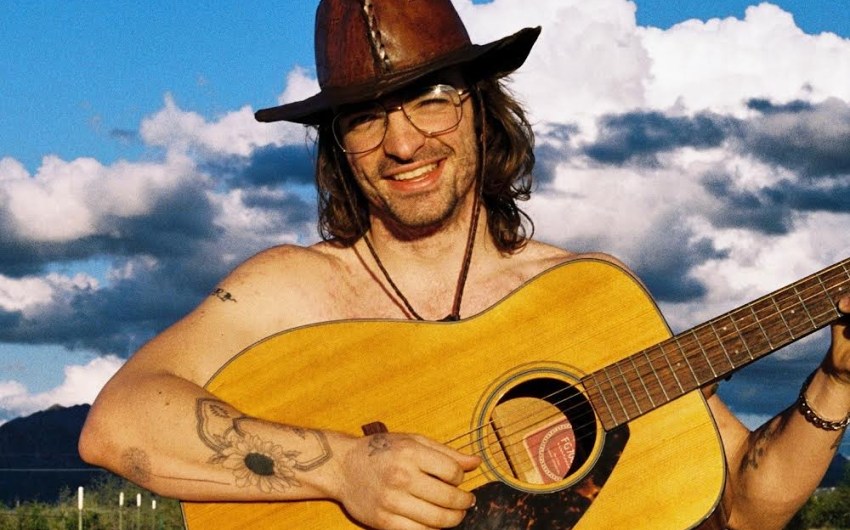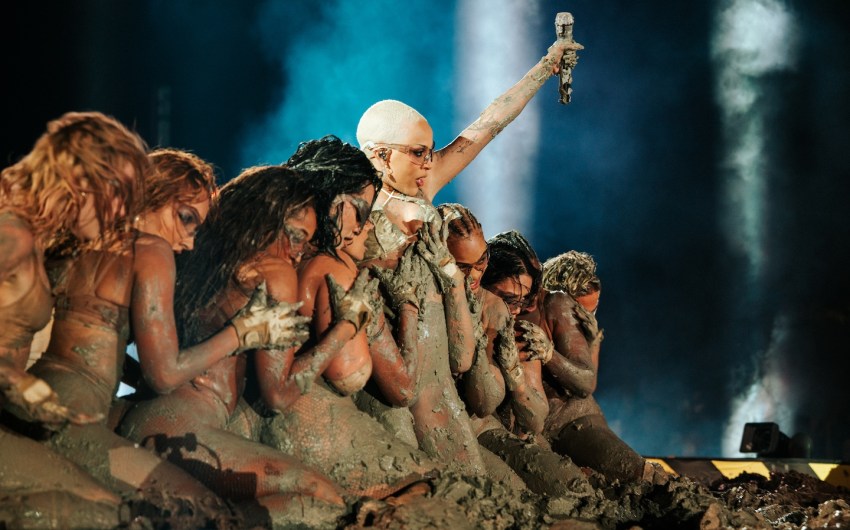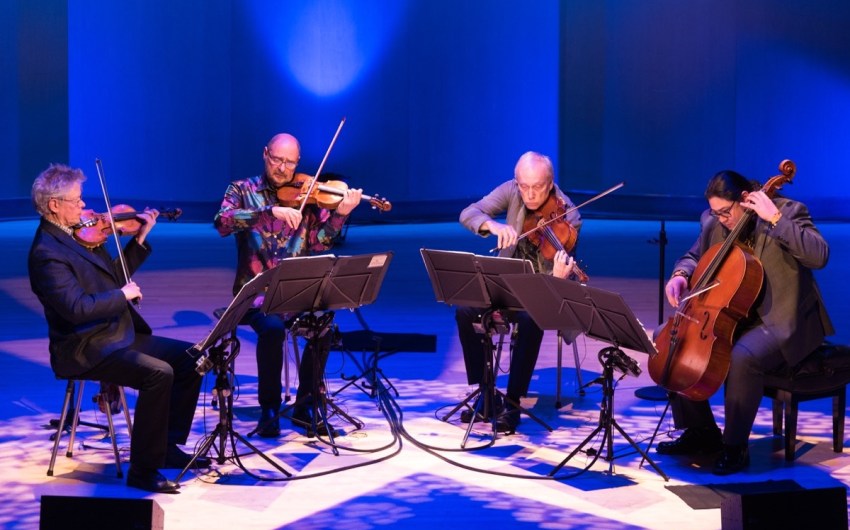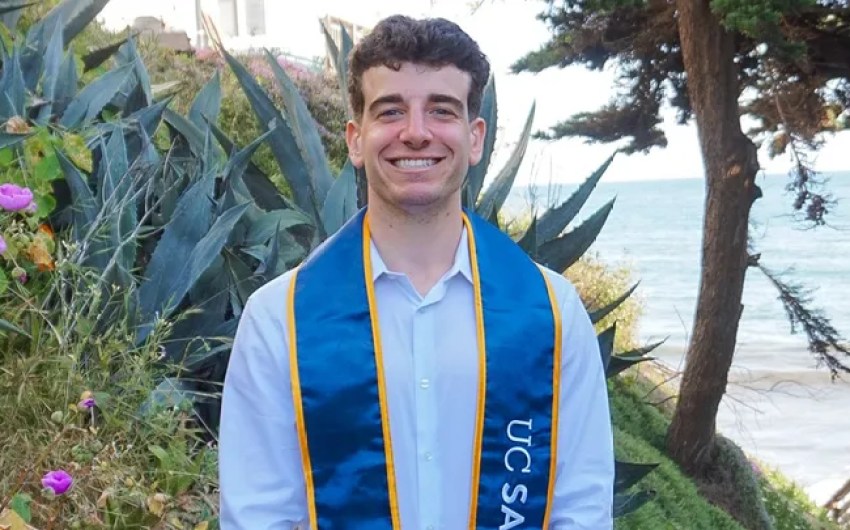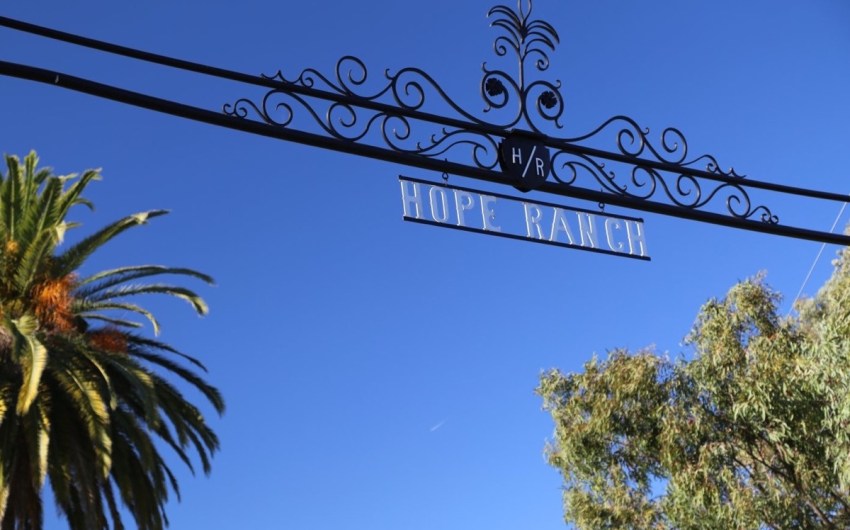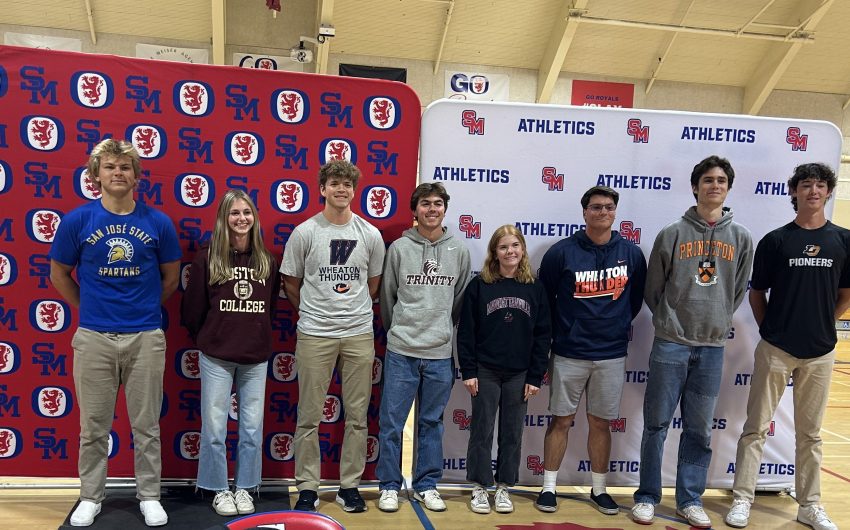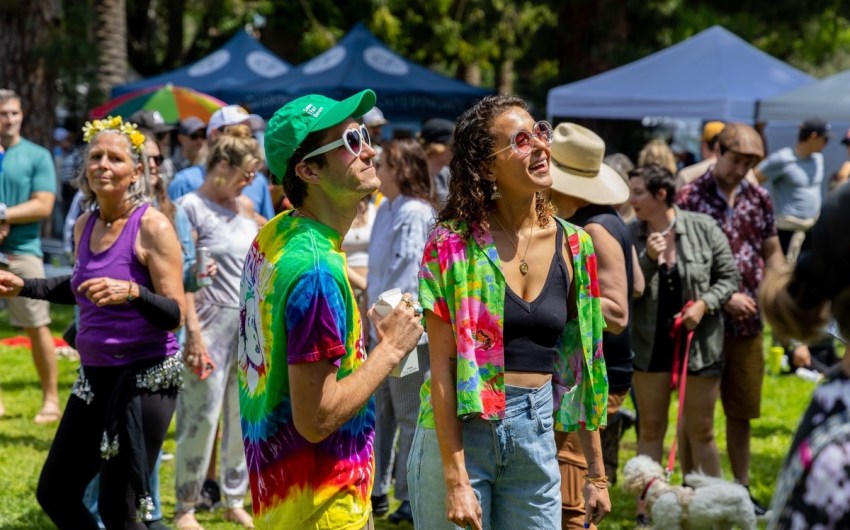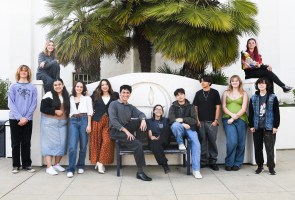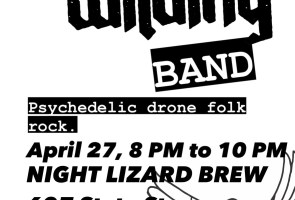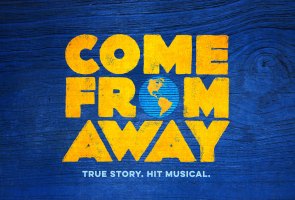Review | Voyces in a Chapel, Site Meets Glorious Sound in Santa Barbara
Quire of Voyces Returns to its Full Christmas-Timed Glory Before a Fully Packed Chapel
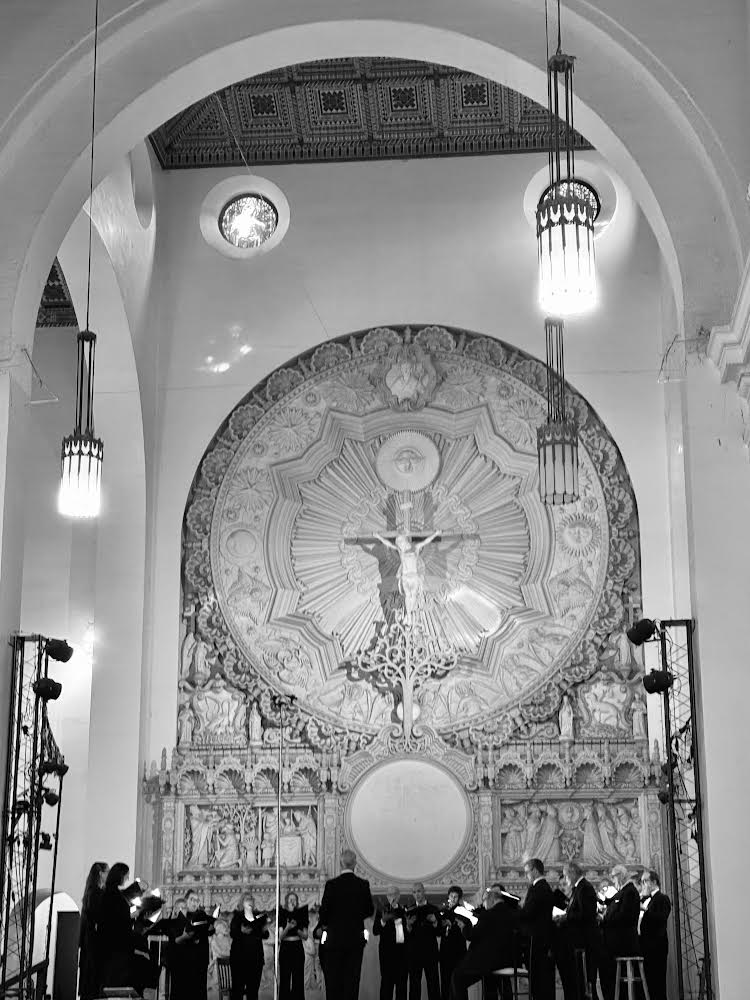
By this point, deep into the historic tradition of the 30-year-old Quire of Voyces Mysteries of Christmas concert, it’s hard to imagine life in Santa Barbara’s holiday season culture without it. The entrancing sound of refined and expertly enmeshed voices in this Nathan Kreitzer–directed a cappella group finds an ideal ambience in the tucked-away, Old World–ish context of what is now called St. Anthony’s Chapel.
In effect, the annual affair amounts to a blissful marriage of site, sound, and season that many of us routinely cherish. And that special “you have to be there” immediacy made its pandemic-enforced absence one of the many missing pieces in our cultural life during that troubled time. But the tradition is back in full force, just as a full house filled the chapel for the latest edition last weekend.
Part of what makes the Voyces concert so richly relevant is its legacy of specifically Christmas-themed repertoire, tracing back centuries to the Renaissance era. And while this year’s program avoided early music entirely — no Thomas Tallis or Palestrina and friends — the deep influence and conventions of the Renaissance could be detected in the writings of contemporary and mostly living composers on the program.
One of those notable composers is alive and well in Santa Barbara — composer in residence Stephen Dombek’s new Mass for Six Voices, commissioned for the ensemble’s Japanese tour this summer, was given a teaser preview here, via two movements. The results, in the Kyrie and the Gloria, supplied an exhilarating example of the potential symbiotic blend of early music models and modern effects, a meeting of melodic polyphony and layered, closely voiced and cloud-like atmospherics.
Similar affecting antiquity-meets-the-new blends appeared in work by a globally diversified group of composers — from the Swedish Martin Åsander to inspired British composers John Rutter and Cecilia McDowall, to the special choral haven of its own, Minnesota, with René Clausen’s stirring “Magnificat” (featuring the superb soprano Nichole Dechaine as soloist). In keeping with the Quire’s long-standing and welcome tradition, the program eased — and floated — into its restful finale with Malcolm Sargent’s softly radiant a cappella arrangement of “Silent Night.”
Thanks to the reliably inspirational Quire of Voyces and other solid choral groups in these parts, the choral music continuum continues, locally as well as globally.
Premier Events
Sun, Apr 28
6:00 PM
Santa Barbara
AHA! Presents: Sing It Out!
Thu, May 02
5:00 PM
Santa Barbara
Things with Wings at Art & Soul
Sat, May 04
10:00 AM
Lompoc
RocketTown Comic Con 2024
Sat, Apr 27
11:00 AM
Santa Barbara
Santa Barbara Plant Fest
Sat, Apr 27
3:30 PM
Santa Barbara
Santa Barbara Trapeze Co and Unity Shoppe Spring Food Drive
Sat, Apr 27
8:00 PM
Santa Barbara
Beau James Wilding Band Live
Sun, Apr 28
11:00 AM
Santa Barbara
Santa Barbara Earth Day Festival 2024
Wed, May 01
7:30 PM
Santa Barbara
American Theatre Guild Presents “Come From Away”
Thu, May 02
5:00 PM
Santa Barbara
100th Birthday Tribute for James Galanos
Thu, May 02
5:00 PM
Santa Barbara
Meet the Creator of The Caregiver Oracle Deck
Fri, May 03
4:00 PM
Santa Barbara
Santa Barbara Fair+Expo “Double Thrill Double Fun”
Fri, May 03
8:00 PM
Santa barbara
Performance by Marca MP
Sat, May 04
10:00 AM
Solvang
Touch A Truck
Sun, Apr 28 6:00 PM
Santa Barbara
AHA! Presents: Sing It Out!
Thu, May 02 5:00 PM
Santa Barbara
Things with Wings at Art & Soul
Sat, May 04 10:00 AM
Lompoc
RocketTown Comic Con 2024
Sat, Apr 27 11:00 AM
Santa Barbara
Santa Barbara Plant Fest
Sat, Apr 27 3:30 PM
Santa Barbara
Santa Barbara Trapeze Co and Unity Shoppe Spring Food Drive
Sat, Apr 27 8:00 PM
Santa Barbara
Beau James Wilding Band Live
Sun, Apr 28 11:00 AM
Santa Barbara
Santa Barbara Earth Day Festival 2024
Wed, May 01 7:30 PM
Santa Barbara
American Theatre Guild Presents “Come From Away”
Thu, May 02 5:00 PM
Santa Barbara
100th Birthday Tribute for James Galanos
Thu, May 02 5:00 PM
Santa Barbara
Meet the Creator of The Caregiver Oracle Deck
Fri, May 03 4:00 PM
Santa Barbara
Santa Barbara Fair+Expo “Double Thrill Double Fun”
Fri, May 03 8:00 PM
Santa barbara
Performance by Marca MP
Sat, May 04 10:00 AM
Solvang

